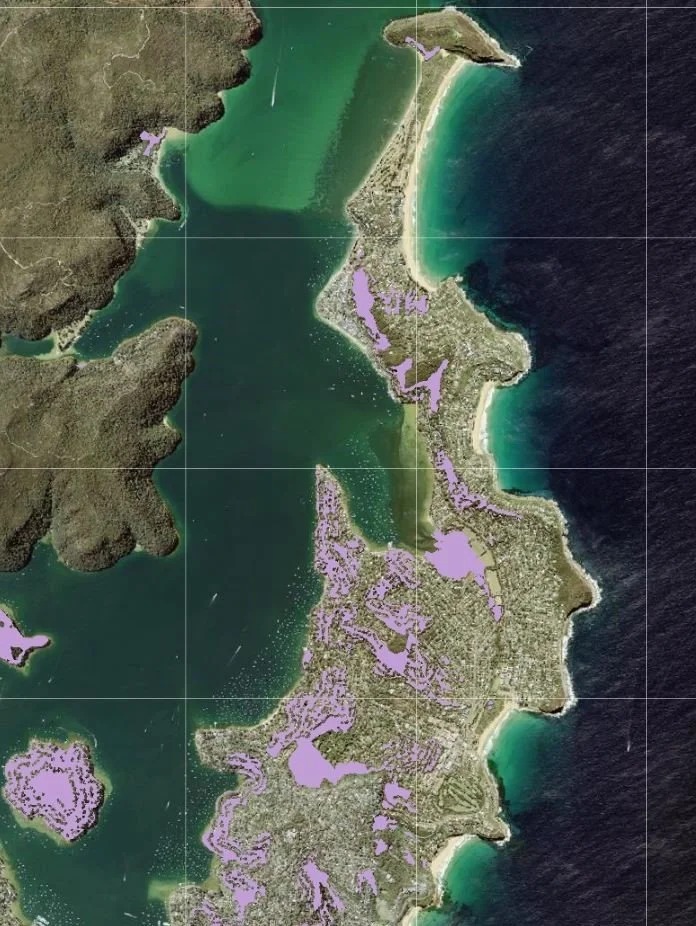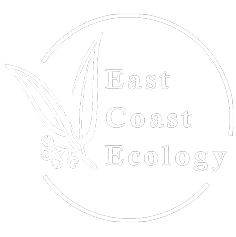
Biodiversity Values Map Review
In New South Wales (NSW), a Biodiversity Values Map (BVM) Review is a formal process used to challenge or verify the accuracy of the Biodiversity Values Map, which identifies areas where development may require a Biodiversity Development Assessment Report (BDAR) under the Biodiversity Conservation Act 2016.
What is the Biodiversity Values Map (BVM)?
The Biodiversity Values Map is a regulatory map published by the NSW Department of Climate Change, Energy, the Environment and Water (DCCEEW). It identifies land that has high biodiversity value, including:
- Habitat for threatened species
- Endangered ecological communities
- Riparian zones or wetlands
- Other areas considered to be of ecological significance
If your land falls within a mapped Biodiversity Values area, certain activities (like vegetation clearing or development) may trigger the Biodiversity Offsets Scheme (BOS)—meaning you’ll need to prepare a BDAR or seek a waiver.
What is a BVM Review?
A BVM Review is a process where a landholder or developer requests that the NSW Government reassess the mapping on their land to determine if the identified biodiversity values are accurate and still valid.

Why would you need a BVM Review?
You may need a BVM Review if:
- Your property is mapped on the Biodiversity Values Map, but you believe:
- It doesn’t contain the habitat or biodiversity features shown
- The data used is outdated, inaccurate, or based on poor resolution imagery
- You want to avoid the cost and time of preparing a BDAR or applying for a BDAR Waiver if the map is wrong
- You are preparing a development application and need to confirm whether the BVM correctly applies to your project area
Key Reasons for a Review:
- You have recent ecological survey data that contradicts the mapped values
- The vegetation has been legally cleared since the map was created
- There’s been a change in land use or natural conditions (e.g. bushfire, erosion)
- The mapped habitat type is no longer present
What Happens in a BVM Review?
- You submit a request to DCCEEW with:
- A map of your property
- Justification for the review (e.g. ecological report, aerial imagery)
- The Department reviews the information and may do:
- Desktop analysis
- Field inspection (in some cases)
- Decision: If successful, they may amend or remove the mapped biodiversity values for your land
How to Apply
- Through the Biodiversity Offsets Scheme online portal
- Include:
- Land details and mapping
- Supporting documents (e.g. ecological assessment, vegetation reports)
- No fee is charged for the review itself
A successful BVM Review can remove unnecessary regulatory burden but if biodiversity values are confirmed, you will need to proceed with a BDAR or a waiver.

